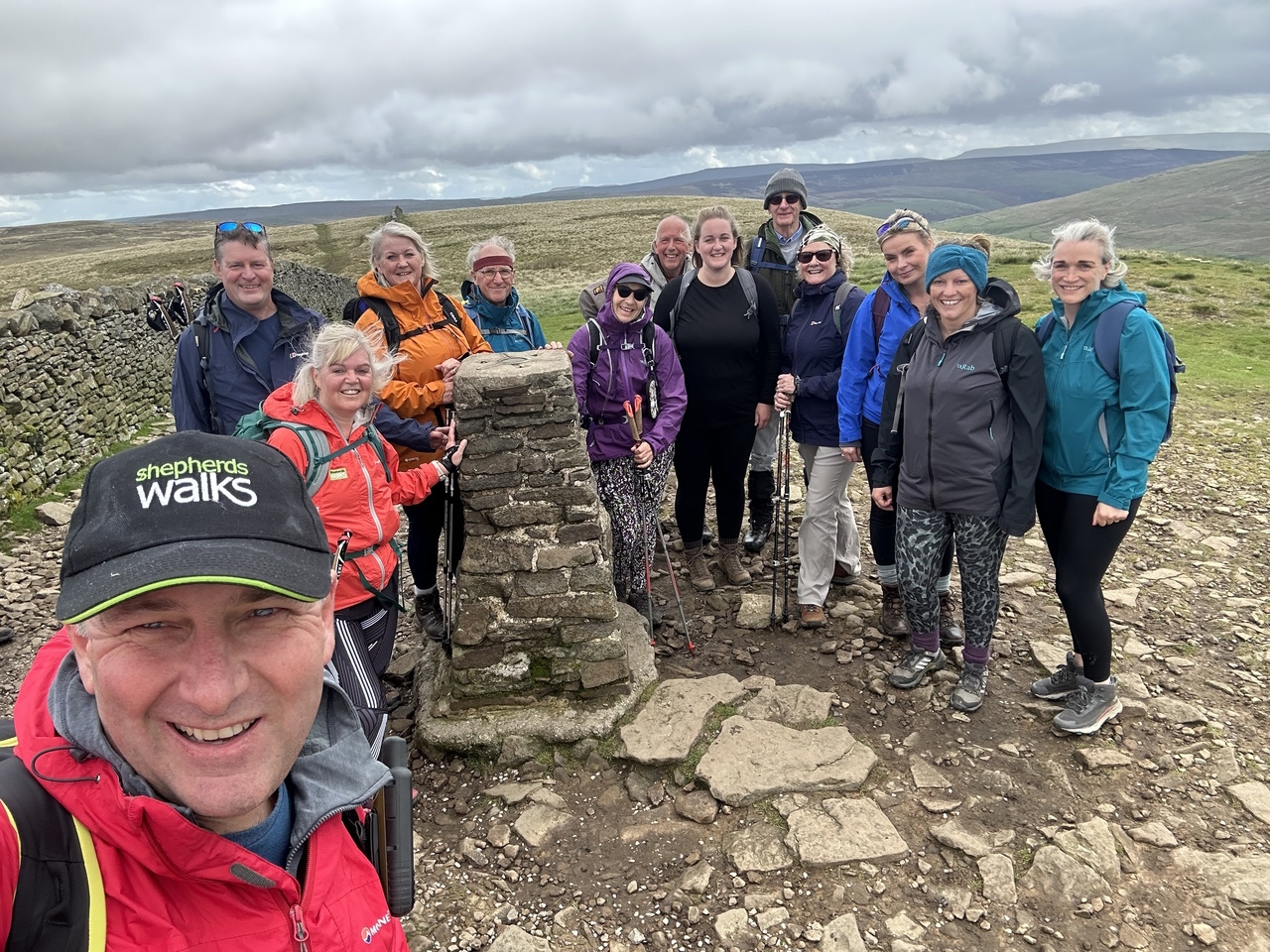T: 01822 851370 E: [email protected]
Growth opportunities for rural businesses, but long-standing challenges remain

 Businesses in rural areas perceive new opportunities for growth but long-standing challenges such as affordable housing, transport and broadband capacity are hampering take-up, according to a major new survey from the National Innovation Centre for Rural Enterprise (NICRE).
Businesses in rural areas perceive new opportunities for growth but long-standing challenges such as affordable housing, transport and broadband capacity are hampering take-up, according to a major new survey from the National Innovation Centre for Rural Enterprise (NICRE).
Almost half of rural firms in the North East, South West and West Midlands see opportunities for providing products or services relating to health and well-being and the environment as consumer priorities and interests change post-pandemic.
But deep-rooted issues in rural areas threaten firms’ ability to grasp opportunities with 40% citing a lack of availability of affordable housing locally, compared to a third of urban firms, and 39% a lack of transport services/infrastructure, compared to 26% of urban firms. A third of rural firms also identified inadequate broadband capacity, compared to a quarter of urban businesses. The most common constraint for both rural and urban firms was staff recruitment and retention (50%).
NICRE’s State of Rural Enterprise Report The rural economy post-pandemic: opportunities and barriers for business growth calls for continued improvements in infrastructure in rural areas. It has been welcomed by Rural England Community Interest Company (CIC) and the Federation of Small Businesses (FSB).
Dr Panagiotis Kyriakopoulos, NICRE Research Fellow, at the Enterprise Research Centre (ERC), which led the report, said:
“Our results suggest a widespread perception among rural firms of the opportunities for business growth fuelled by post-pandemic concerns around mental health and well-being and the climate crisis.
"While rural and urban businesses face similar constraints in realising these opportunities, not least with staffing, our findings demonstrate that rural challenges such as insufficient affordable housing, transport links and connectivity are hampering businesses more in rural areas. With a general election on the horizon, this evidence highlights the continued importance of improving vital infrastructure for rural businesses and communities."
Given investment is likely required if enterprises are to realise these opportunities, NICRE's survey also asked firms whether they are likely to invest in areas of business development.
Around 80% of rural firms which felt they are ‘well placed’ to grasp opportunities are planning either to increase or maintain investment in environmental improvements. Rural firms' investment intentions are particularly strong in terms of employee well-being and management and staff training.
Dr Kyriakopoulos added:
"Despite the financial legacy of the pandemic and cost-of-doing-business crisis, our results emphasise many rural firms’ willingness to invest to realise these opportunities. Moreover, these investments in training and employee well-being may be particularly important given widespread concern among rural businesses about their ability to recruit and retain staff."
This report is the third to be published from NICRE’s survey of rural businesses in the summer and follows The cost-of-doing-business crisis: rural impacts and adaptation and Rural SMEs and the environment towards the end of last year.
Graham Biggs, Chair of Directors of Rural England CIC, said:
“NICRE's report comes at an important time as all political parties hone their thinking ahead of the upcoming general election. It highlights that issues relating to staffing and the shortage of affordable housing, public transport, connectivity, and infrastructure in general, are all hindering businesses more in rural areas and impeding their ability to harness new opportunities for growth. We recognise this picture and welcome the evidence the report produces.
"Government should put in place urgent positive actions to address these issues so that rural areas can play their full part in growing the national economy.”
Tina McKenzie, Policy Chair at the FSB, said:
“Small businesses and the self-employed are central to rural communities, providing jobs and generating economic growth. It’s heartening to hear that so many rural firms want to grow and invest both in their business and their staff.
“But as this report outlines - much in line with our previous research - all too often these firms are held back by challenges like poor transport networks and inadequate digital connectivity.
“It’s vital that improvements are made in these areas to help rural small firms flourish. A business should not be on the back foot, just because of its location.”
Shepherds Walks in Northumberland is one rural business providing walking-related products and services which is benefitting from increased consumer interest in health and well-being. While the firm has been running since 1999, the pandemic was a defining period, not just with the opening of new markets, however, enabling owner Jon Monks to re-evaluate the business.
"Covid completely changed our business,' said Jon. "During the pandemic great numbers of people - many for the first time - went walking in the countryside, often to ease the stresses and strains of everyday life, and that trend has continued.
"Our customer profile has gone from older traditional ramblers who were well prepared to venture into the hills to a lot more younger people who see exercise as a hobby and part of their lifestyle."
Jon's business, which employs six people full-time from its base in Rothbury, has seen a rise in popularity of walking holidays and endurance challenges in recent times, the area which has had the most growth is the purchase of GPS units and training. That part of Shepherds Walks had a turnover of £1million in the last year, growing ten-fold in the last decade.
 |
Jon said:
"The health and well-being benefits for people of enjoying the great outdoors has been a massive opportunity for our business, coupled with advances in technology to give less experienced walkers a helping hand."
The survey was developed by NICRE's partners: Centre for Rural Economy and Business School at Newcastle University, ERC at Warwick University, and Countryside and Community Research Institute at the University of Gloucestershire and Royal Agricultural University.



